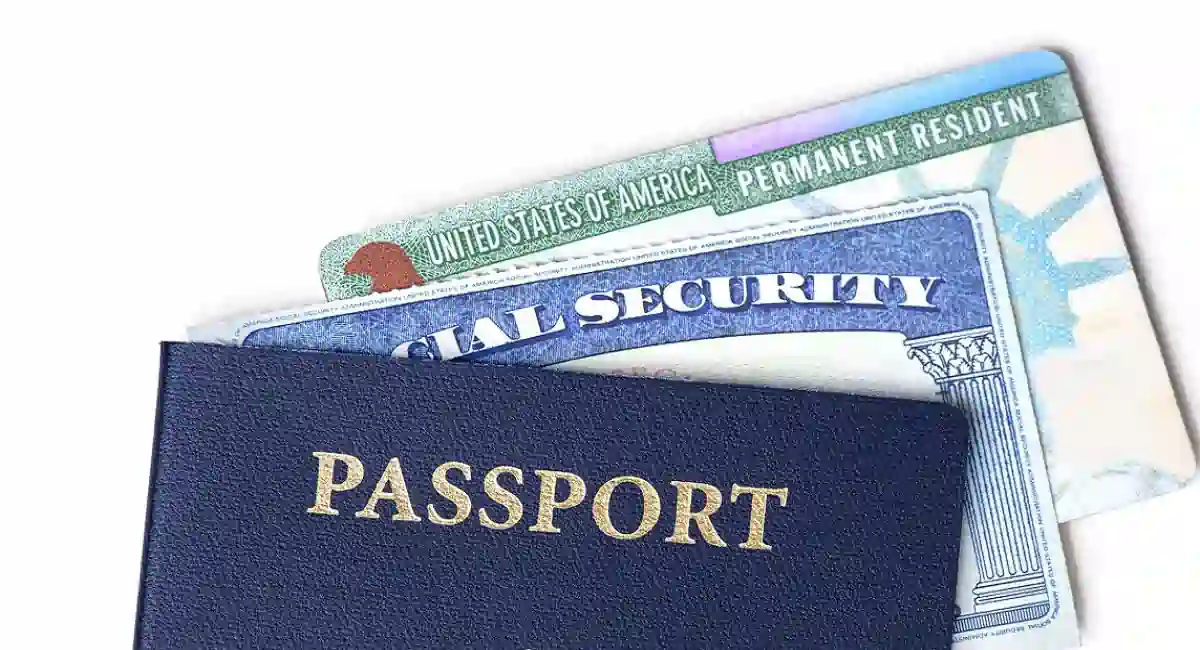How to Obtain U.S. Social Security Benefits if You Are an Immigrant
In addition to meeting Social Security’s own requirements, immigrants must make sure they have documents that support their legal residency in the United States.
Speaking of Latino immigrants, the vast majority are not eligible for Social Security benefits. That can change. There are ways for any foreign national to qualify for the monthly payments sent to U.S. retirees by the Social Security Administration (SSA).
Initially, workers in the U.S. should understand that they need a Social Security number (SSN) in order to collect monthly Social Security retirement paychecks. This document is issued to U.S. citizens, permanent residents or those who obtain a work permit (work visa) in the country.
No matter what type of person you are, if you have obtained a Social Security number, you must still meet SSA requirements to calculate your benefit, such as meeting the necessary credits, qualifying earnings, and retirement age.
Foreign immigrants can receive Social Security benefits even if they live abroad, as long as they have met the above criteria. In fact, many retired non-U.S. citizen foreign workers receive retirement checks from SSA to their respective places of current residence. The same is true for many retired citizens who have chosen to live out their golden years in another country.
To be eligible for Social Security benefits, non-citizens living in the United States must:
- Be lawful permanent residents.
- Have a visa that allows them to work in the U.S..
- Have entered the country under the Family Unity or Immediate Relative provisions of U.S. immigration law.
If immigrant workers meet sufficient Social Security credits, which are 40 to collect retirement benefits, they will be able to claim benefits even if they live abroad.
Can immigrants receive Supplemental Security Income (SSI)?
As of August 22, 1996, non-citizens may also be eligible for Supplemental Security Income (SSI), if they meet two essential requirements:
- Be in a qualified alien category (be a permanent resident or on a work visa);
- Meet a condition that allows qualified aliens to obtain SSI.
If the noncitizen worker meets the qualifying criteria, just as a U.S. citizen would, he or she could supplement his or her Social Security benefits with SSI benefits.
The average Social Security payment for retirees is $1,825 in 2023. Using SSA data, it could be estimated that the average monthly Social Security payment during the summer of this year would be $1,889.44. For its part, the maximum SSI benefit is $914 for an individual and $1,371 for a couple sharing expenses and income in 2023. If an immigrant qualifies for both programs, he or she could receive more than $2,000 in Social Security payments.

